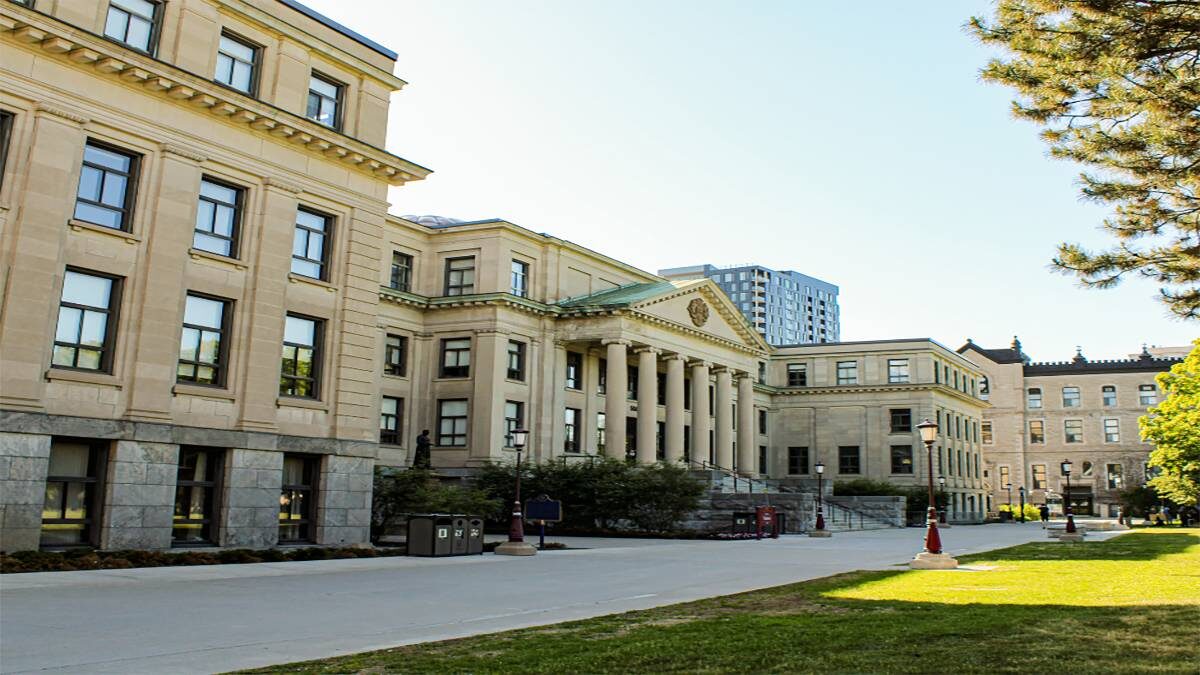Part-time professors at the University of Ottawa are one step closer to a strike.
Language teachers at the Official Languages and Bilingualism Institute (OLBI) voted 95 per cent in favour of strike action, the Association of Part-Time Professors of the University of Ottawa (APTPUO) said on Thursday.
“A favourable strike vote does not always result in an automatic strike,” the statement said. “It simply provides the Bargaining Committee the support and the means to reach a fair agreement. A strong vote is often enough to get the employer back to the table.”
The Official Languages and Bilingualism Institute at uOttawa provides second language training in English and French along with research on public policy.
“OLBI members’ working conditions are far from being equal to their main unit counterparts.”
Robert Johnson, president of the Association of Part-Time Professors of the University of Ottawa
Part-time language teachers at the institute are one unit of the association of part-time professors.
The main unit voted 88 per cent in favour of strike action in June. The main unit represents more than 2,500 professors at the University of Ottawa.
“While both units share many of the same issues … OLBI members’ working conditions are far from being equal to their main unit counterparts,” said Robert Johnson, president of the Association of Part-Time Professors of the University of Ottawa.
The association accused the university of running the languages institute with profit rather than bilingualism in mind.
“The administration is not even hiding it,” said Luc Angers, vice president of the association and a member of the bargaining committee. “We were clearly told that the OLBI is a business, meaning that decisions are made according to the profit generated on the backs of the students and professors.”
The association’s demands largely focus on working conditions, such as wages, benefits, fair workload, and job security.
Although these demands take priority, other demands also include course delivery methods, academic freedom, adjusting for the cost of living, and “in general, a better framework for management rights,” the APTPUO’s website said.
“The University of Ottawa is committed to negotiating a collective agreement that reflects the important role of all of its teaching staff while abiding to the caps on total compensation imposed on universities.”
Emailed statement from the University of Ottawa
In an emailed statement, the University of Ottawa said it remains optimistic it can resolve any issues with the association through a mediator. The association sent a request to the Ontario Ministry of Labour for a mediator on July 20.
The university also refered to Bill 124, a provincial law which caps the income, or compensation, of both unionized and non-unionized workers in the public sector to a one per cent increase every 12 months.
“The University of Ottawa is committed to negotiating a collective agreement that reflects the important role of all of its teaching staff while abiding to the caps on total compensation imposed on universities and other sectors of the public service by the Government of Ontario,” the university said in relation to Bill 124.




